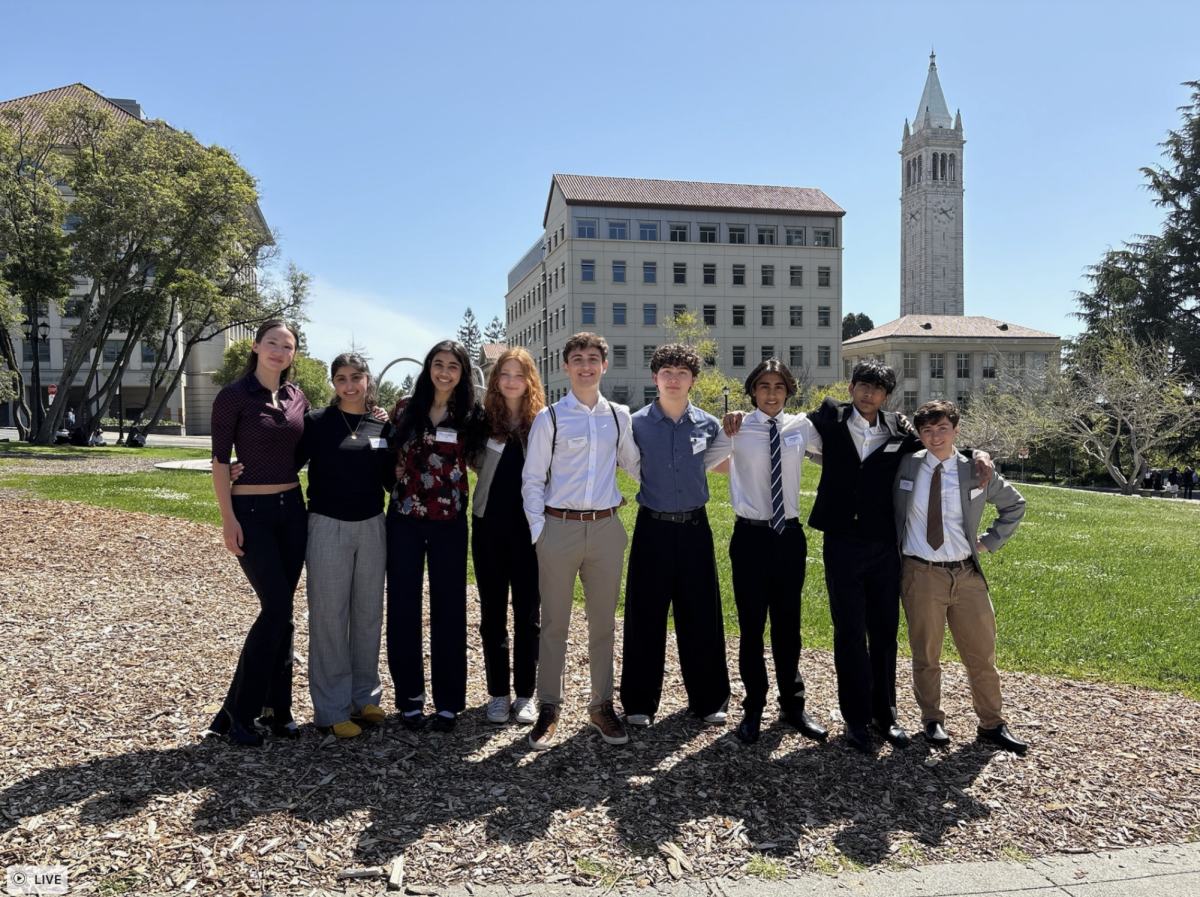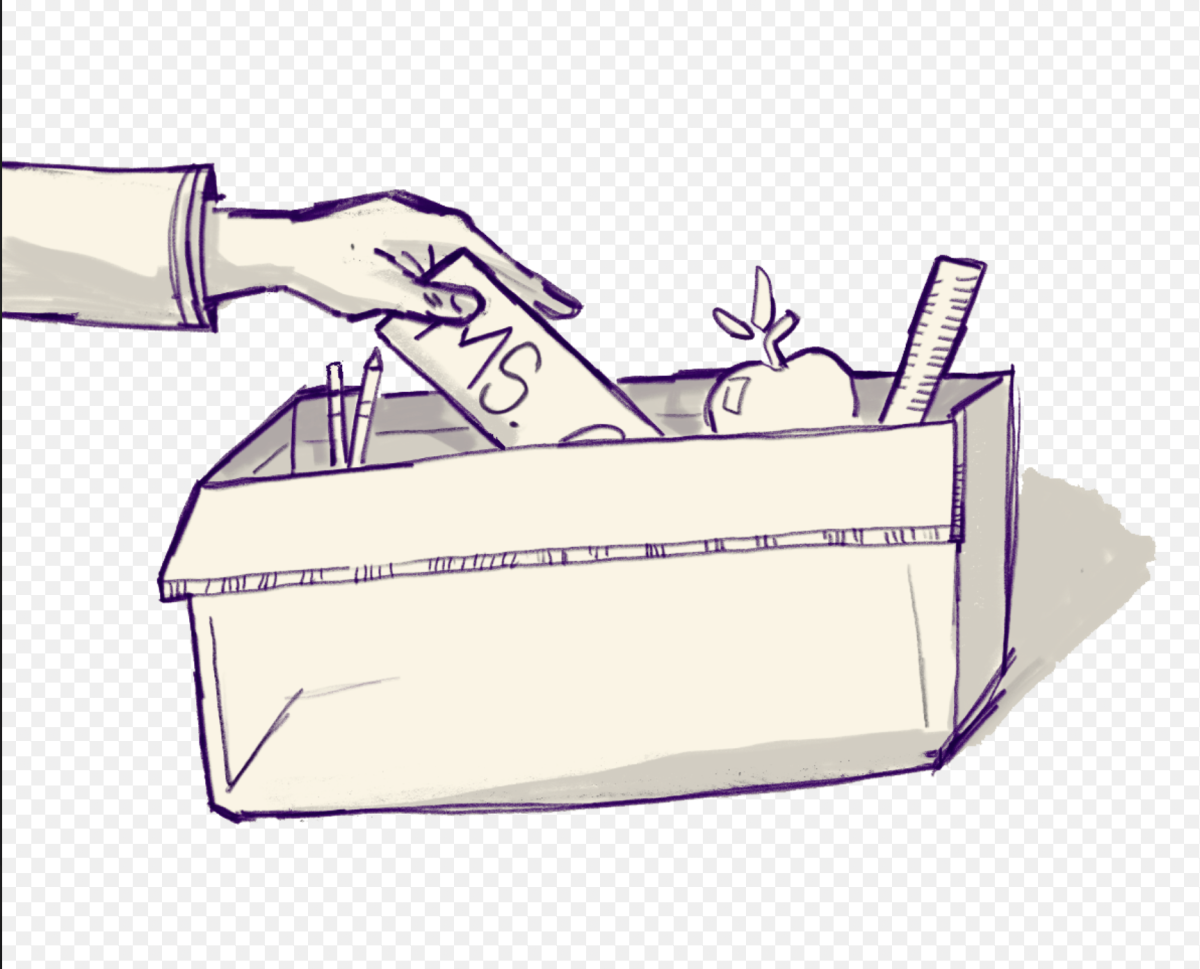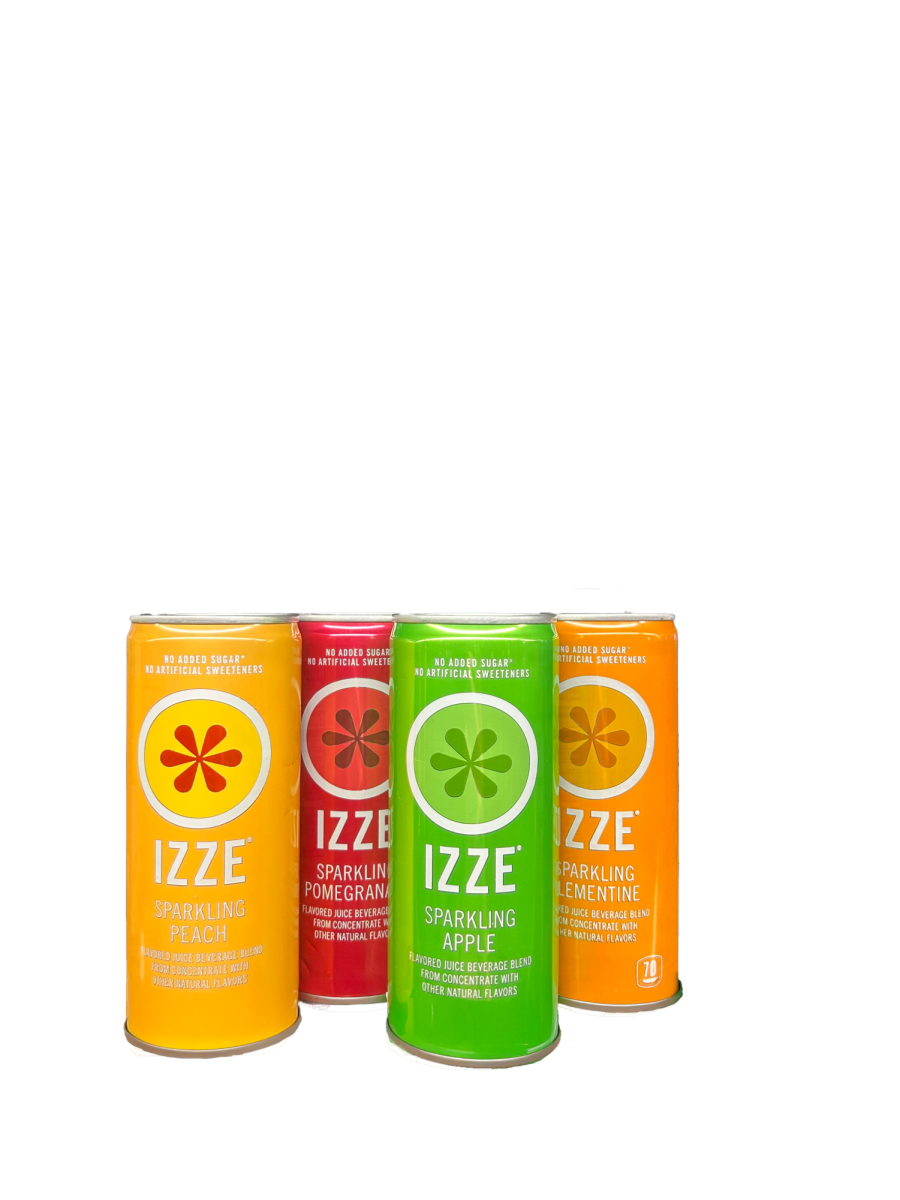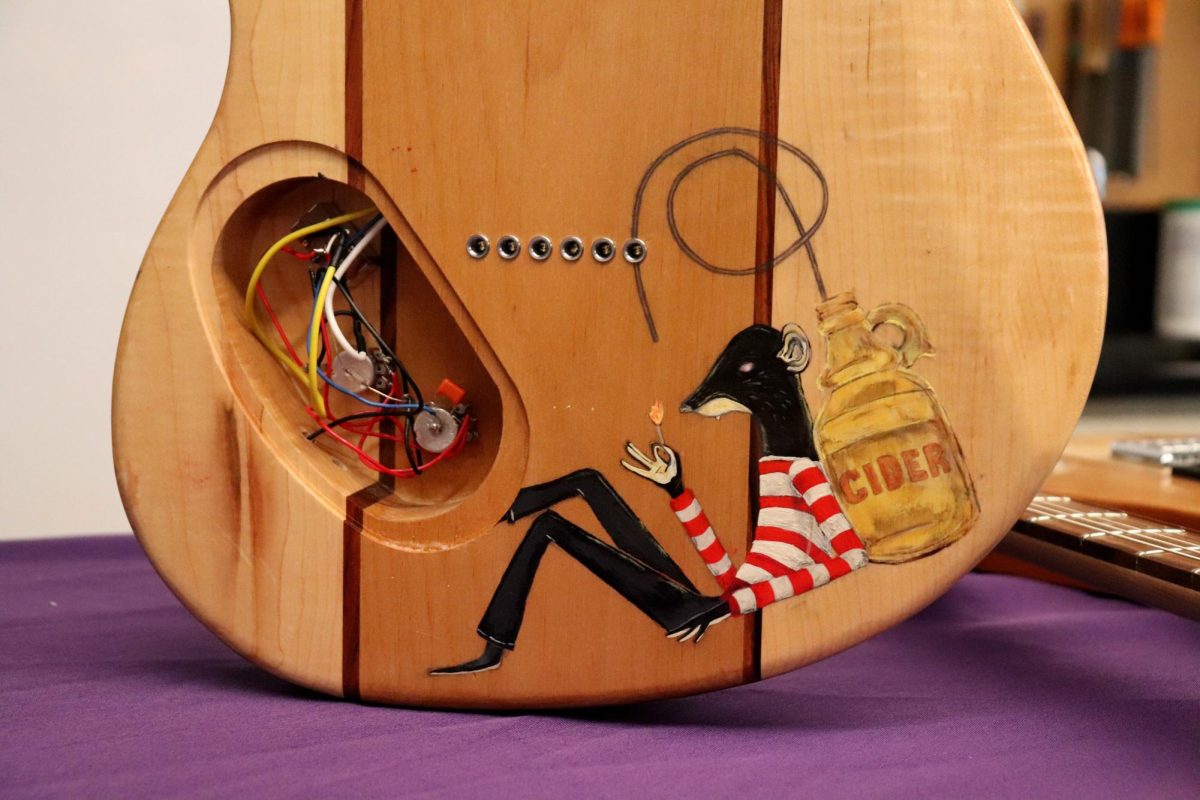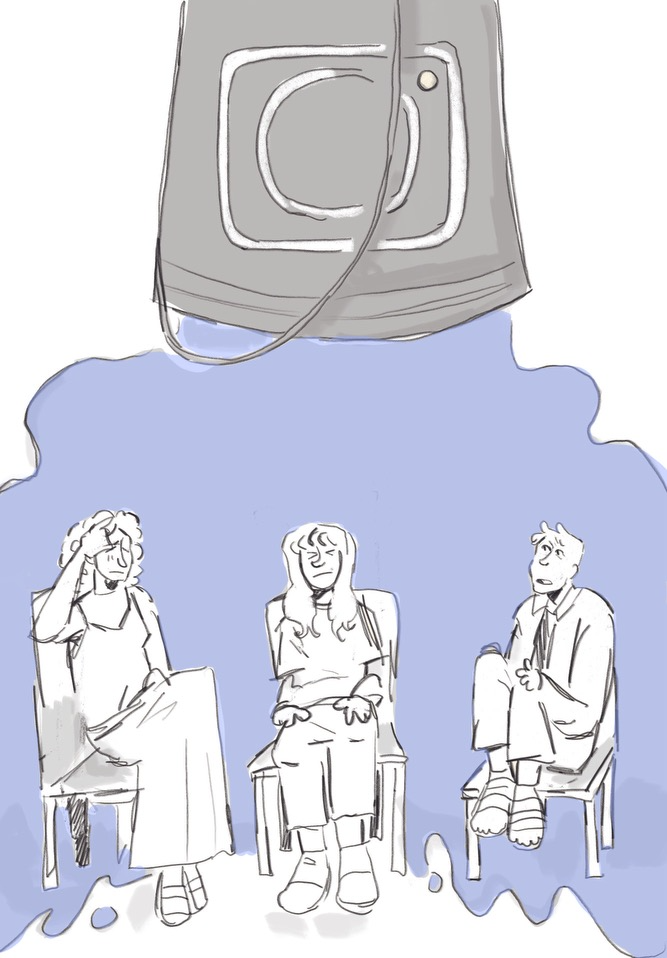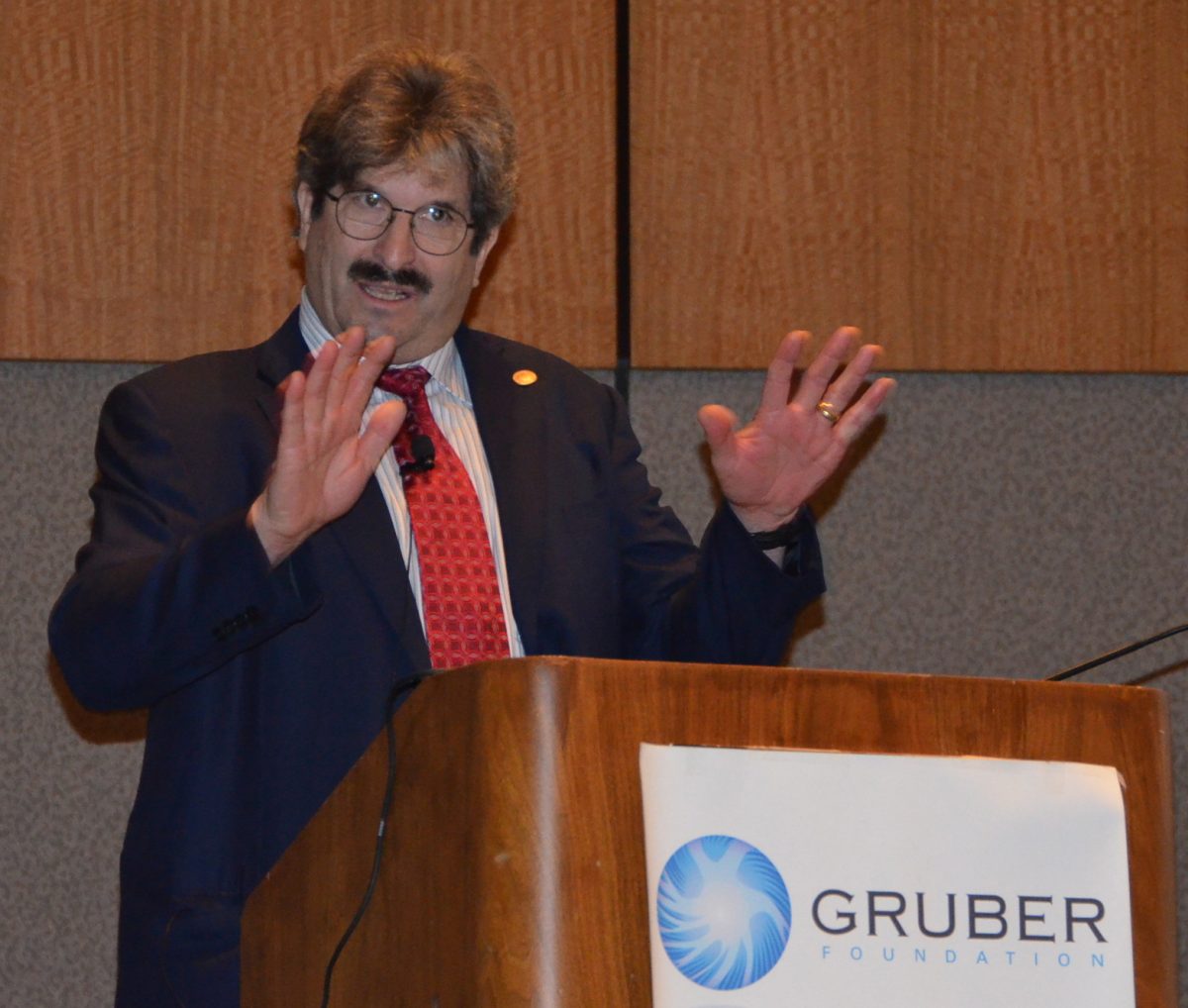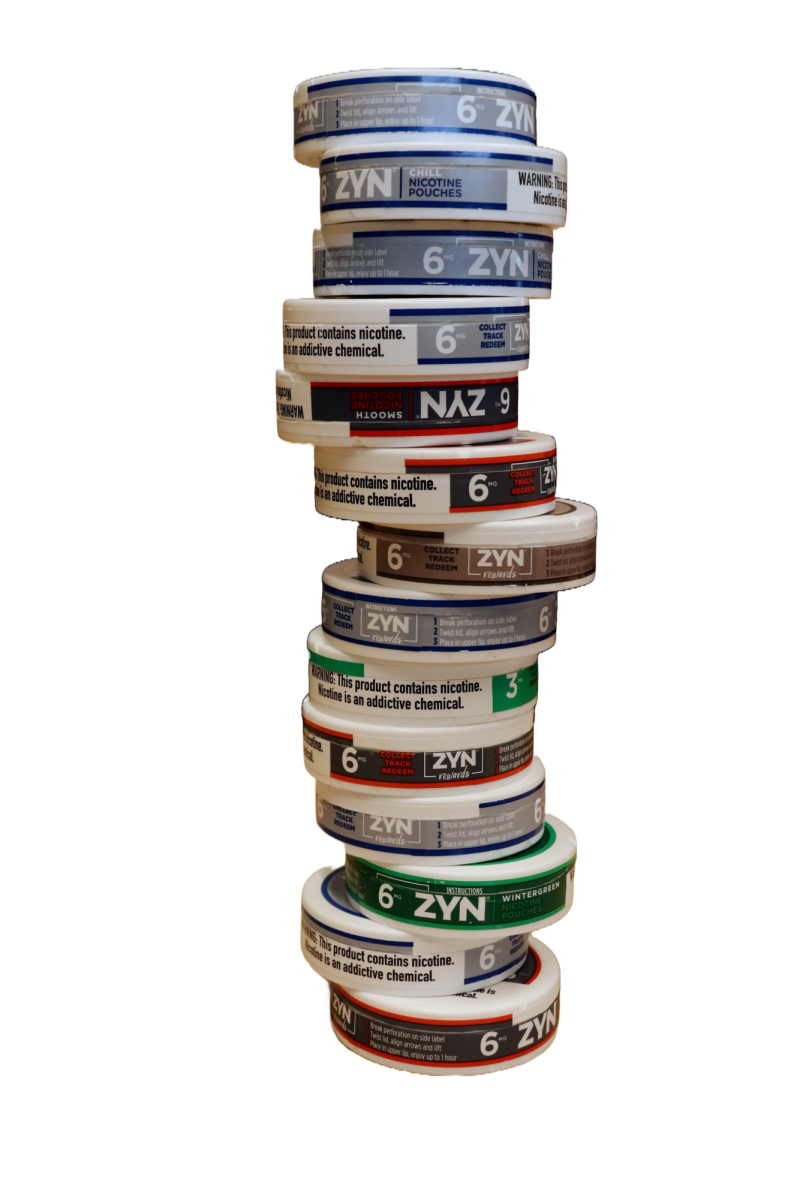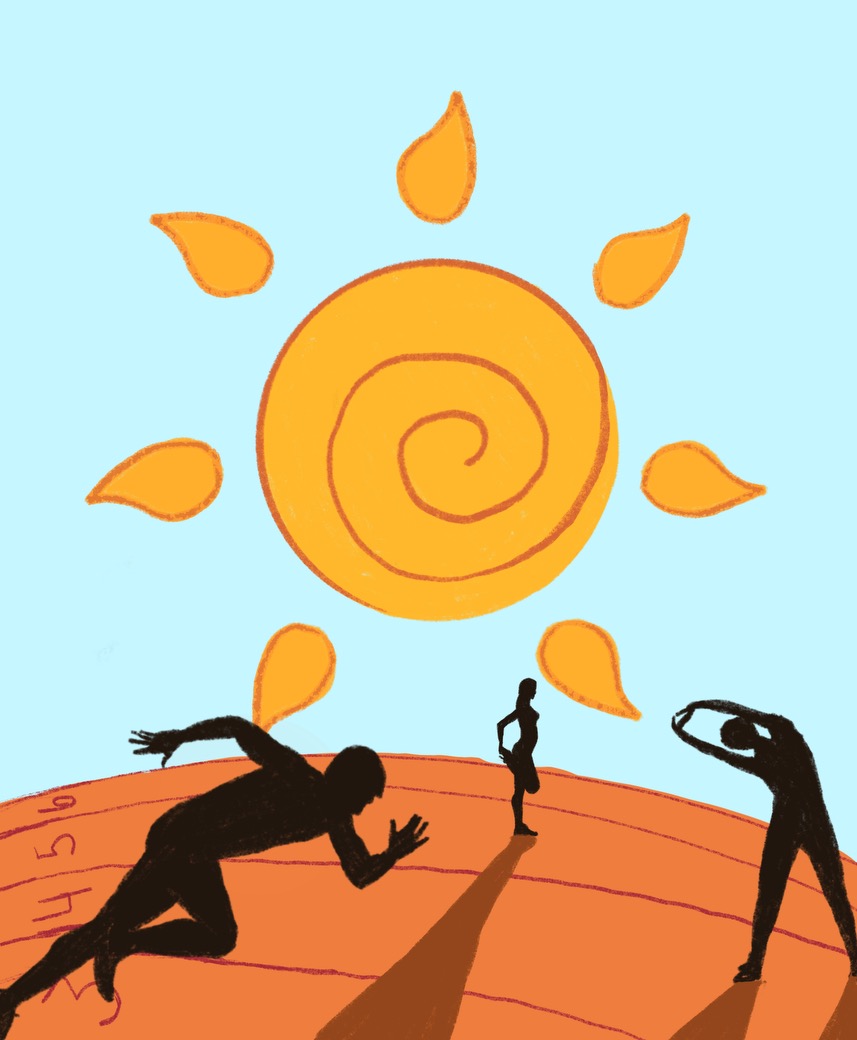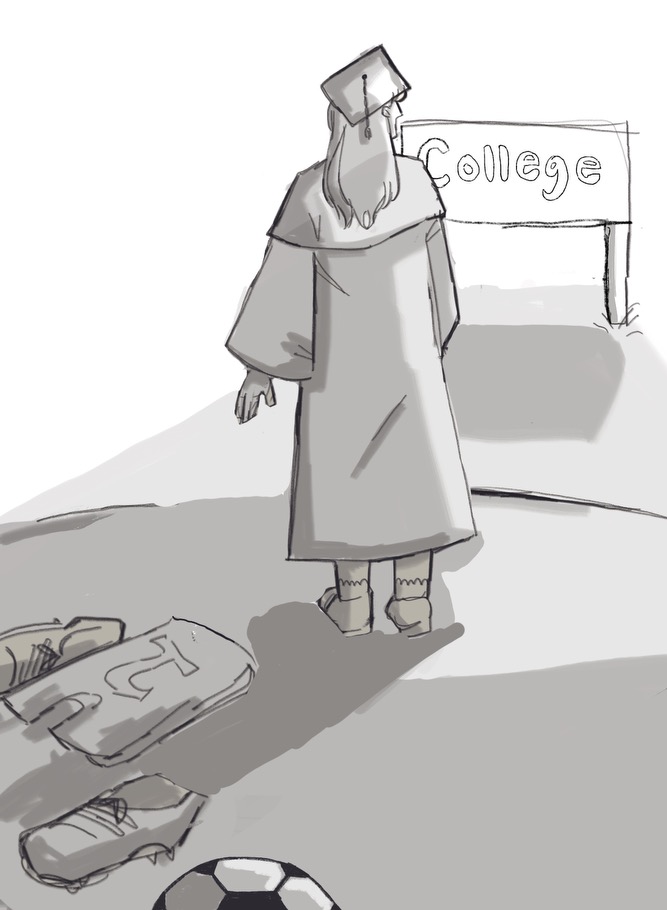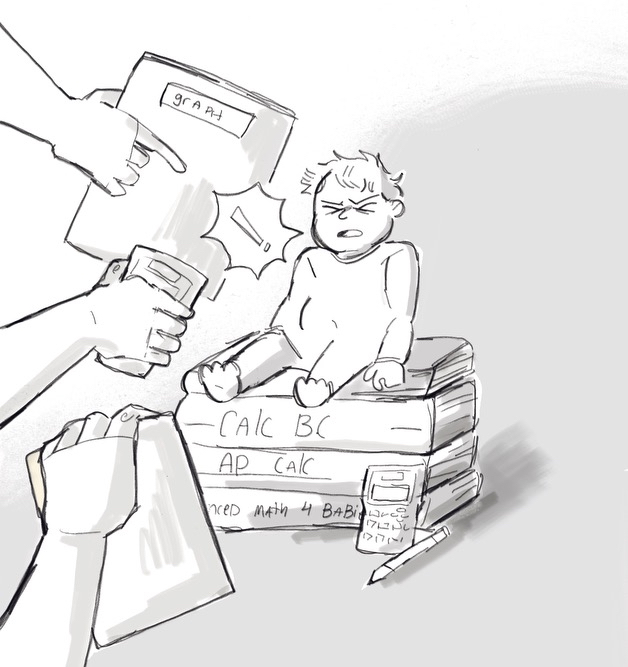I am sick and tired of being sick and tired.
I have had it. For the past few months, every corner of my life has been littered with used tissues and wrinkled cough-drop wrappers. I have lost the ability to breathe properly through both nostrils and talk without having to clear my throat every two seconds. I am not the only one, either. Almost everyone is sick—and that is not an exaggeration. Lectures are punctuated with coughs, sneezes, and sniffles. Classrooms reek of hand sanitizer and disinfectant spray. With each passing day, more and more names are marked absent during roll call. Sickness has become our ground state of being. As our coughs persist, our sore throats linger, and our noses run, we have to ask ourselves: why are we not getting better?
The answer to that question lies in our immediate emotional response to being sick. Many people, myself included, see sickness as an unspoken challenge and a chance to prove their own resilience. We repeatedly tell ourselves that staying home and resting is for the weak. Stubbornly, we trudge through our daily routines, tissues in hand, determined not to let sickness hinder our active lives. We deny that our red eyes, itchy throats, and congestion are any cause for worry. This has become so intuitive that you might not even realize that you are doing it. But conscious or subconscious, ignoring symptoms has become our primary defense mechanism, as if by pretending that sickness is insignificant, it will go away. And that is a problem.
Attempting to assume normalcy during periods of sickness is not only futile—it is self-destructive. Our frenzied fixation with pushing through sick days stems from the misconception that being in a constant state of “doing” makes us stronger. We believe that being “on” all the time will eventually eliminate the necessity of an “off” button, when in fact, the opposite is true: we are in dire need of a reboot but have forgotten how to turn ourselves off. And this complex is entirely understandable.
From an early age, we are conditioned to be productive and to actively persevere through hardships. Doing nothing is deplored as sloth and laziness when in reality, it is a necessary component of any healthy lifestyle. When we are sick, doing nothing is the only thing we can and should do to recover both physically and mentally.
Physically, giving the body time to unwind is necessary to facilitate recovery. According to Scientific American, there is currently no medical cure for the common cold beyond prioritizing time to rest. Trying to push your limits only increases the time it takes to get well. Multiple medical studies have corroborated that responding within 24 hours to cold or flu symptoms is the only way to prevent the virus from worsening or infecting others. It might sound counterintuitive, but if you are looking to minimize the amount of school and extracurriculars that you will have to miss, then take time off immediately to let your body recuperate. Never wait until symptoms get so bad that your body reaches a breaking point. Be proactive, and you will thank yourself in the long run.
Mentally, sickness—especially prolonged, unrelenting sickness—can be a warning signal that you are in need of emotional repair and self-reflection. According to the American Institute of Stress, emotional turmoil and external pressure can damage the body’s immune response, increasing our susceptibility to colds and other viruses. If you are “stress-sick,” pressing pause on your regular routine is all the more crucial. Lying alone in bed in an illness-induced stupor compels you to identify and come to terms with the root cause of your stress, unhappiness, or insecurity. Simply put, distancing yourself from the breakneck pace of everyday life is the only way to put everything in perspective. Self-awareness is just as critical for mental health as it is for physical health. If both your brain and your body are telling you to slow down, listen to them.
Sure, having to disrupt the flow of your life to recover from an illness is no fun. Taking a break might seem like the least viable option when there is already so much to do and never enough time to do it. But it is much better to miss out on a couple days of your life and recover completely, rather than try to persevere through an illness, unfulfilled and running on empty. If you are worried about jeopardizing productivity, remember that you can not enjoy an active, productive lifestyle without taking true breaks. So if you are sick, treat it as a compulsory, much-needed break from the hyperactive and hyper-connected marathon that you run every day. Take some time for yourself. Make a cup of tea. Lie in bed and stare at the ceiling. Whatever you do, do not do anything.

